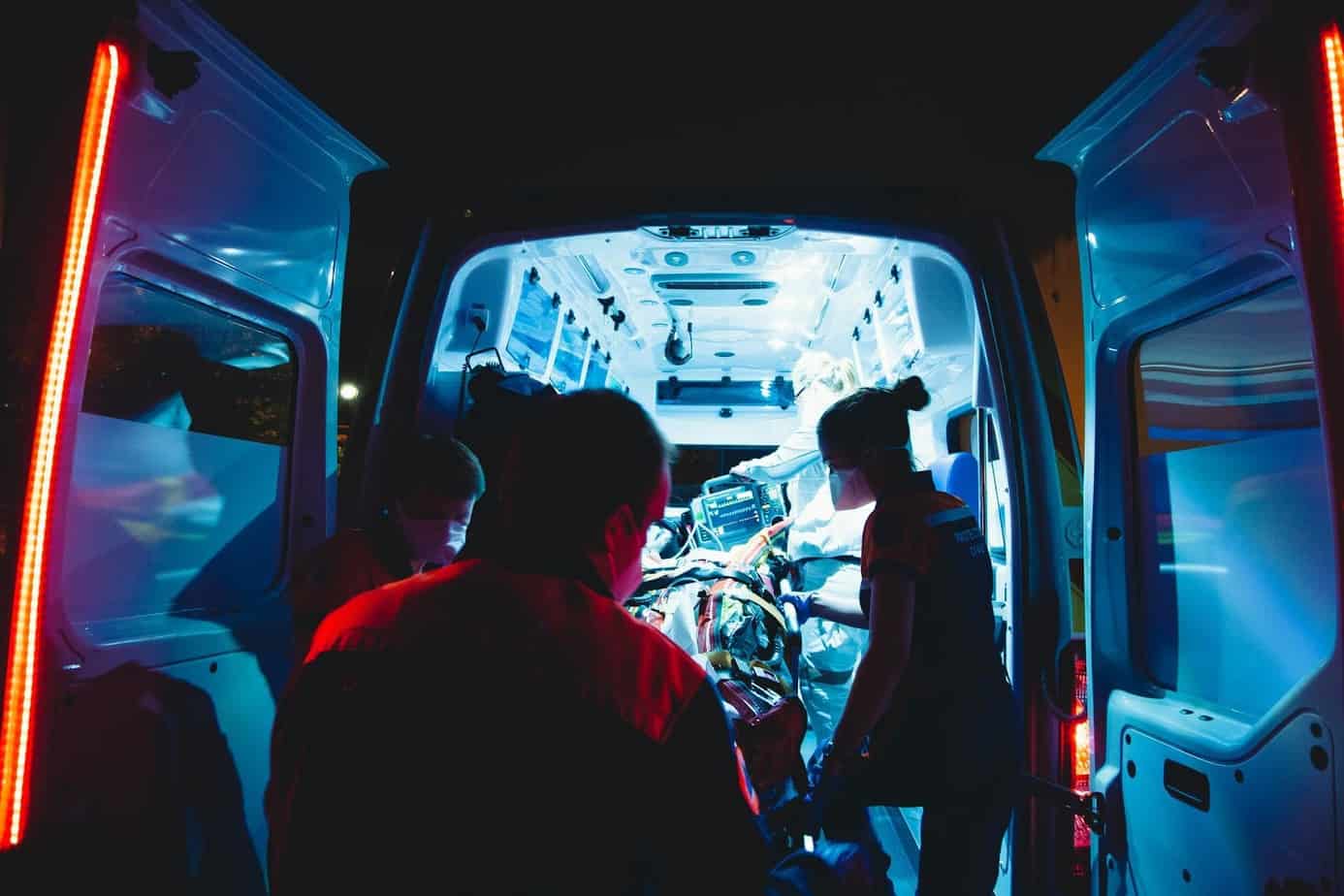Credit: Mat Napo Via Unsplash
A senior living with dementia already has a lot on their plate. The drastic change in their life leads to the inability to perform daily tasks or carry out conversations. Although the symptoms look different for every person depending on the type of dementia, every person needs to be prepared in case of emergencies.
If your ageing parent with dementia lives alone, you might always be worried about whether they fell in the shower or forgot to take their medication. What happens if they face a medical emergency? Here are some steps you can take to ensure that your loved one is always safe.
Move Them into a Memory Care Home
It can be overwhelming to wonder if your parents are doing okay by themselves constantly. Thankfully, you can lean on Sagecare dementia care specialists for help. A memory care home staffed with registered nurses will provide you with peace of mind that your loved one is ageing in place.
Recognized as one of the best retirement homes in Toronto, Sagecare promises to take good care of every member of its family. When your family members are in good hands, you don’t have to worry about medical emergencies, as they will receive care 24/7. The high levels of nursing care will allow your loved one to have access to care at all times.
Credit: Andrea Piacquadio Via Pexels
Teach Them How to Ask for Help
When a senior has dementia, it can be challenging to communicate with people when they need help. Although every person’s symptoms differ depending on the type of dementia they have and their stage, it can be difficult to identify problems if there is a communication barrier.
If you teach your loved one how to ask for help, they may remember it after continuous practice. For example, if your ageing parent lives alone, you could teach them how to dial the emergency line for help. If they live in an elder care home, you could familiarize them with a few common words that indicate the need for assistance.
Pack an Emergency Bag Ahead of Time
As your loved one starts to age, it might be challenging to understand when they may suddenly require medical help. If you’re worried about your parent or grandparent’s safety, pack an emergency bag for them ahead of time. Make sure to stock up all their essentials, such as medication (if extras are available), their health ID, a change of clothes, and anything they may need for comfort.
Packing a bag and keeping it aside makes it easier to focus on your loved one’s health and grab the bag as you leave for an emergency trip.
Credit: Jess Bailey Designs Via Pexels
Keep a Detailed Note or Journal Near Them
Sometimes, seniors with dementia have trouble speaking or remembering things. You can keep a note or dementia journal near your loved one with details about their condition, name, and medication list to help the caregiver at the retirement home.
Even if your loved one lives alone and paramedics or other emergency service providers visit for help, it will help them identify how to help your family member.
Medical emergencies are risky for everyone, but they can be particularly tough on seniors with dementia. Helping your loved ones stay prepared for medical emergencies will ease your mind and theirs, giving you both time to enjoy other things in life.
Throughout the year, our writers feature fresh, in-depth, and relevant information for our audience of 40,000+ healthcare leaders and professionals. As a healthcare business publication, we cover and cherish our relationship with the entire health care industry including administrators, nurses, physicians, physical therapists, pharmacists, and more. We cover a broad spectrum from hospitals to medical offices to outpatient services to eye surgery centers to university settings. We focus on rehabilitation, nursing homes, home care, hospice as well as men’s health, women’s heath, and pediatrics.








